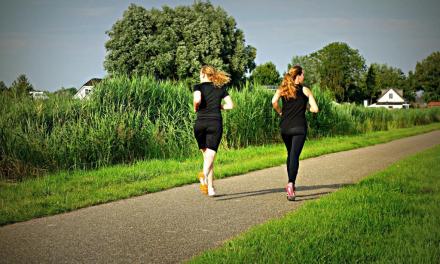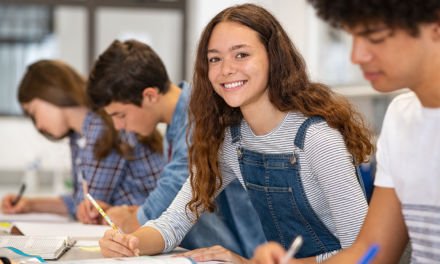You are undoubtedly aware that exercise can have a huge impact on the general health of people of all ages. But what you may not realise is that physical activity can have a dramatic impact on the academic performance of students.
There is a whole host of research that shows that students who participate in an adequate amount of physical activity during the school day, perform significantly better than those who do not, with the bonus that obesity-related issues are also less likely to take root.
Research published by the likes of Columbia University and the universities of Strathclyde and Dundee show that there is a direct correlation between increased activity and increased performance.
For example, a study carried out on 5,000 children, conducted by the universities of Strathclyde and Dundee found that for every extra 17 minutes a boy exercised and every extra 12 minutes a girl took part in physical activity, an increase in performance occurred.
Physical activity is more than just important for your physical health.
There are other benefits and that is something that should be especially important to parents, policy-makers and people involved in education.
Additionally, it was found that extra physical activity particularly benefitted girls’ performance in science-based tasks.
The study also found that children who exercised regularly performed better academically not only at the age of 11 and the age of 13, but while taking GCSE exams at the ages of 15-16.
Boosting cognitive skills
According to the CDC in the USA, “…physical activity can have an impact on cognitive skills and attitudes and academic behavior, all of which are important components of improved academic performance. These include enhanced concentration and attention as well as improved classroom behaviour.”
It is thought that exercise has a direct impact on the development and behaviour of the brain. Plus, physical activity can help to improve brain plasticity, which is what helps us to pick up new skills and retain new information, etc.
This means that the more exercise we do, the younger and more able to grasp new concepts our brain will be. This has obvious benefits for students who are looking to improve their performance in the classroom.
Beyond performance
Although physical activity has undoubted brain boosting properties, which can help to improve cognitive function and help students to improve their grades, there is much more to its benefits in the classroom than one might think.
You see, some studies have shown that physical activity can also improve attendance rates, prevent children from dropping out and improve social links between students.
All of these things can, in turn, help to boost academic performance in a roundabout way because, if students are spending more time in the classroom, they will obviously benefit more from teaching than if they are bunking off from school.
Similarly, increasing self-esteem and building strong social bonds will help students to concentrate in the classroom and avoid bullying and other anti-social behaviours, which can affect academic performance for the worse.








